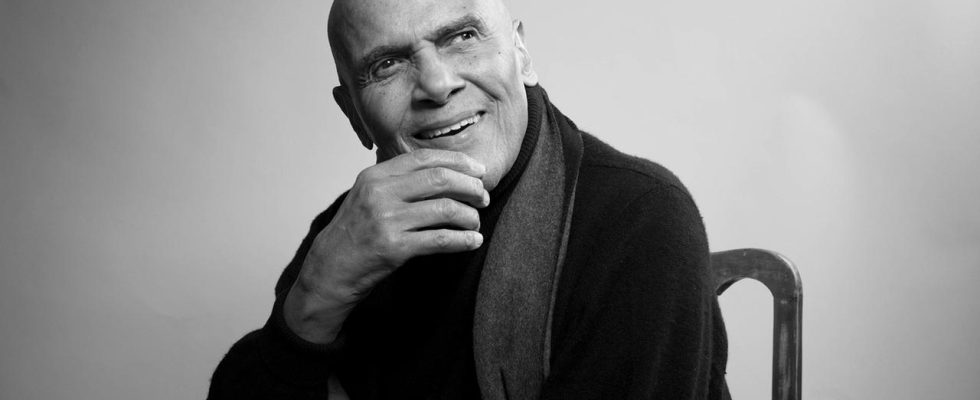Harry Belafonte became famous for his light-hearted “Calypso” songs. But the heart of the music legend beat for so much more: the film, the theater stage and for the fight against apartheid, racism and poverty.
With his “Banana Boat Song” Harry Belafonte brought Caribbean ease into the musical mainstream of the USA in the 1950s. But the singer and actor never saw himself as a shallow entertainer, quite the opposite.
“All the songs are political, even the ‘Banana Boat Song’, where – if you want – you can hear the groaning of the poorly paid dock workers who demand fair wages,” said Belafonte himself. The catchy tune was enormously successful nonetheless. The accompanying album, Calypso, became the first record by a US solo artist to sell more than a million copies.
Actually, Belafonte never wanted to be a singer. “As a child I heard all the great singers. I loved it, I adored them. But I never felt called to be a singer myself. I didn’t even know how I wanted to sound,” says the musician.
He is best known for his calypso hits. But he also sang blues and folk and sold more than 100 million records in total.
Alongside Martin Luther King and Nelson Mandela
Belafonte also made a career as an actor in more than 40 Hollywood films. But he also knew that he had to do something else in life:
I was so lucky and successful – I asked myself the question: What do I do with so much power, so much strength?
Belafonte found the answer in an encounter with Martin Luther King. “He came to New York to preach here in the church and he wanted to meet me,” the singer recalled of the first meeting. “After that I said to him: ‘You caught me with your ideas. I admire what you do. And I’m honored that you asked me if I can help you.'”
Together they organized the march in Washington and the protests in Alabama – milestones in the US civil rights movement. Belafonte later fought with Nelson Mandela against apartheid in South Africa, spoke out against US imperialism in Latin America and served as a UNICEF ambassador for children in Haiti and Sudan.
Grown up in poor circumstances
Belafonte has never forgotten his poor background: “What can you do with a potato? That’s the creative spirit of poverty.” His mother “every time made a small feast from this only food that we could afford. It was always a pleasure,” the singer once looked back on his childhood.
Belafonte grew up in the Harlem neighborhood of New York. The father was a ship’s cook from Martinique, the mother a laborer from Jamaica who had to raise her son alone. When she couldn’t get him through, she sent him to relatives in her home country. Back in the US, he enlisted in the military at the age of 16. He then worked as a janitor’s assistant in New York.
One day a tenant gave him two tickets to the theater as a tip for something, Belafonte once said. “I was pretty annoyed at first that he didn’t just give me two dollars, which I actually expected, but two tickets.”
But they were tickets that would change his life. Belafonte was so fascinated by his first visit to the theater that he studied at Erwin Piscator’s drama school – with colleagues such as Tony Curtis, Marlon Brando and Walter Matthau. He would have liked to have been the first “Black Hamlet” – but in the end he decided on the music:
I believe music is one of the best vehicles for change. One of the best weapons in good’s arsenal.
Harry Belafonte has died of heart failure in New York at the age of 96.

